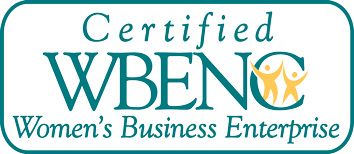Coaching yields a host of positive organizational impacts, including:
-
Leadership development and performance
-
Increased levels of employee engagement
-
Reduced attrition
-
Improved teamwork
According to PwC*, the ROI for executive coaching can be significant. The vast majority (86%) of companies tracking ROI indicated they had at least made their investment back. Almost one fifth (19%) indicated an ROI of at least 50X the initial investment while another 28% saw an ROI of 10-49X their investment. Coaching helps participants gain perspective, make informed choices, and deal effectively with the consequences of their decisions.
-
Challenge self-imposed boundaries
-
Test beliefs and assumptions
-
Illuminate blind spots
Contact us today to get started.
*Source: ICF Global Coaching Client Study was commissioned by the ICF but conducted independently by PricewaterhouseCoopers (PwC) and the Association Resource Centre Inc. in 2008
How It Works
- During the initial conversation, the senior leader and their coach discuss the impetus for the coaching engagement, desired outcomes, and potential areas for development.
- The coach reviews all available information regarding performance including performance reviews, interviews/surveys of peers, subordinates, superiors, and clients (if appropriate.)
- The coaching objective is outlined and approved by the team (management sponsor, senior leader, and coach) before coaching begins.
- Assessments are administered, if appropriate, and a schedule is created.
- Throughout the coaching engagement, the leader is expected to take specific and regular action to ensure that they achieve their coaching goal(s).
The executive must be ready, willing, and able to take action and understand that the coach is not a licensed therapist or psychological counselor.
C-suite coaching is available and designed to work within the limited time parameters of company officers.
Our Coaches
Anyone can call themselves a coach; few are trained in the discipline. Our executive coaches have attained, at minimum, PCC certification, adhere to the ICF Code of Ethics, and have line management corporate experience having worked as employees within corporations.
Organizations We've Impacted

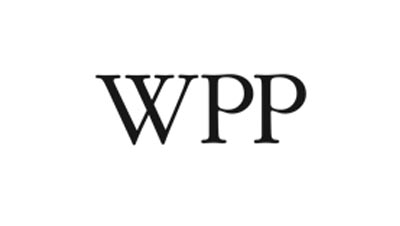
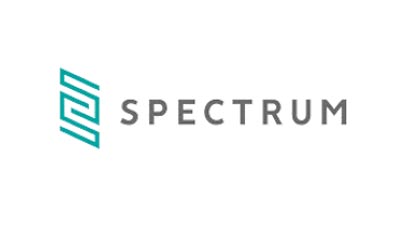

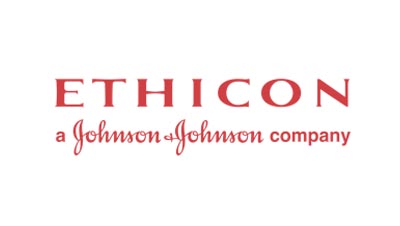
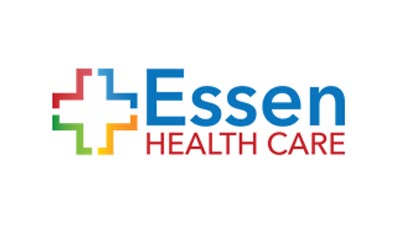
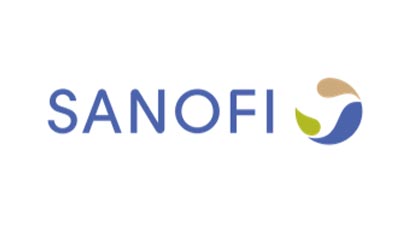

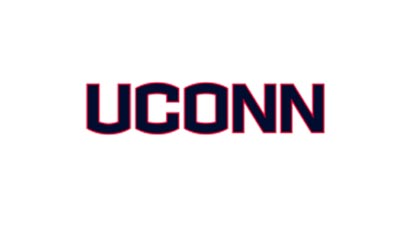

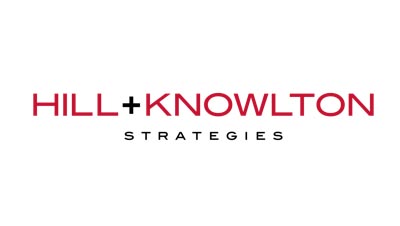
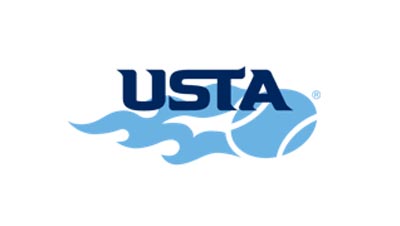

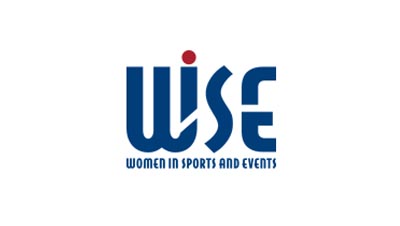

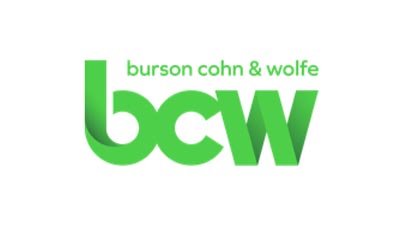
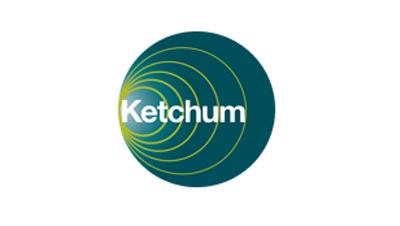
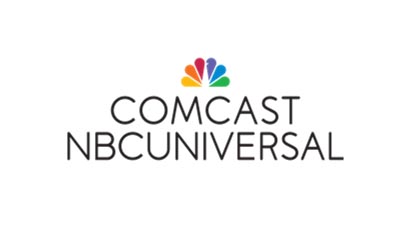
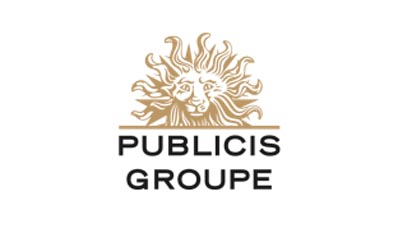

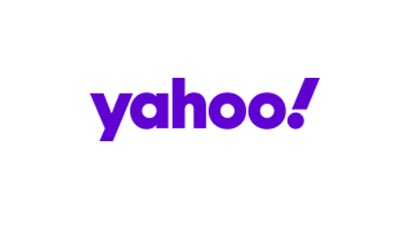
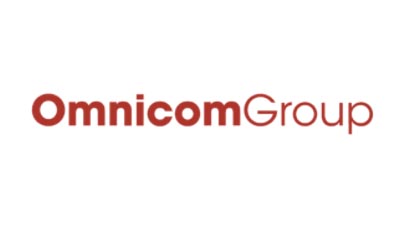

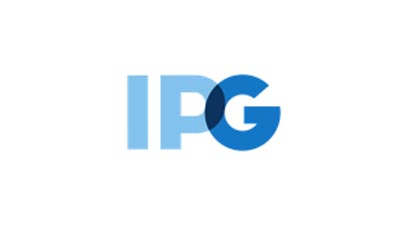


Coaching yields a host of positive organizational impacts, including:
- Leadership development and performance
- Increased levels of employee engagement
- Reduced attrition
- Improved teamwork
According to a Global Client Coaching Study conducted by PricewaterhouseCoopers*, the ROI for companies utilizing executive coaching can be significant. The vast majority (86%) of those able to provide figures to calculate company ROI indicated that they had at least made their investment back. Almost one fifth (19%) indicated an ROI of at least 50 times the initial investment while a further 28% saw an ROI of 10-49 times their investment. Coaching helps participants gain perspective, make informed choices, and deal effectively with the consequences of their decisions.
Our executive coaching is designed to provide strategic planning and support to senior and high-potential leaders who are dealing with the mix of urgency, high stakes, and uncertainty that has become the norm in most workplaces. Participants must be willing to commit fully to the coaching experience, engage honestly, and examine their beliefs and behaviors. Throughout the engagement the coach will:
- Challenge self-imposed boundaries
- Test beliefs and assumptions
- Illuminate blind spots
As insights are identified, participants will be challenged to turn those insights into action to accelerate their personal effectiveness.
*Source: ICF Global Coaching Client Study was commissioned by the ICF but conducted independently by PricewaterhouseCoopers (PwC) and the Association Resource Centre Inc. in 2008
How it Works
- During the initial conversation the senior leader and their coach discuss the impetus for the coaching engagement, desired outcomes, and potential areas for development.
- The coach will review all available information regarding the senior leader’s performance including but not limited to a review of performance reviews, interviews/surveys of peers, subordinates, superiors, and clients (if appropriate.)
- The coaching objective is outlined and approved by the team (management sponsor, senior leader, and coach) before coaching begins.
- Assessments are administered, if appropriate, and a schedule is created.
- Throughout the coaching engagement the senior leader is expected to take specific and regular action to ensure that they achieve their coaching goal(s).
The senior executive must be ready, willing, and able to take action and understand that the coach is not a licensed therapist or psychological counselor.
C-suite coaching is available and designed to work within the limited time parameters of company officers.
Our Coaches
Companies We’ve Impacted:
[supercarousel id=323]


